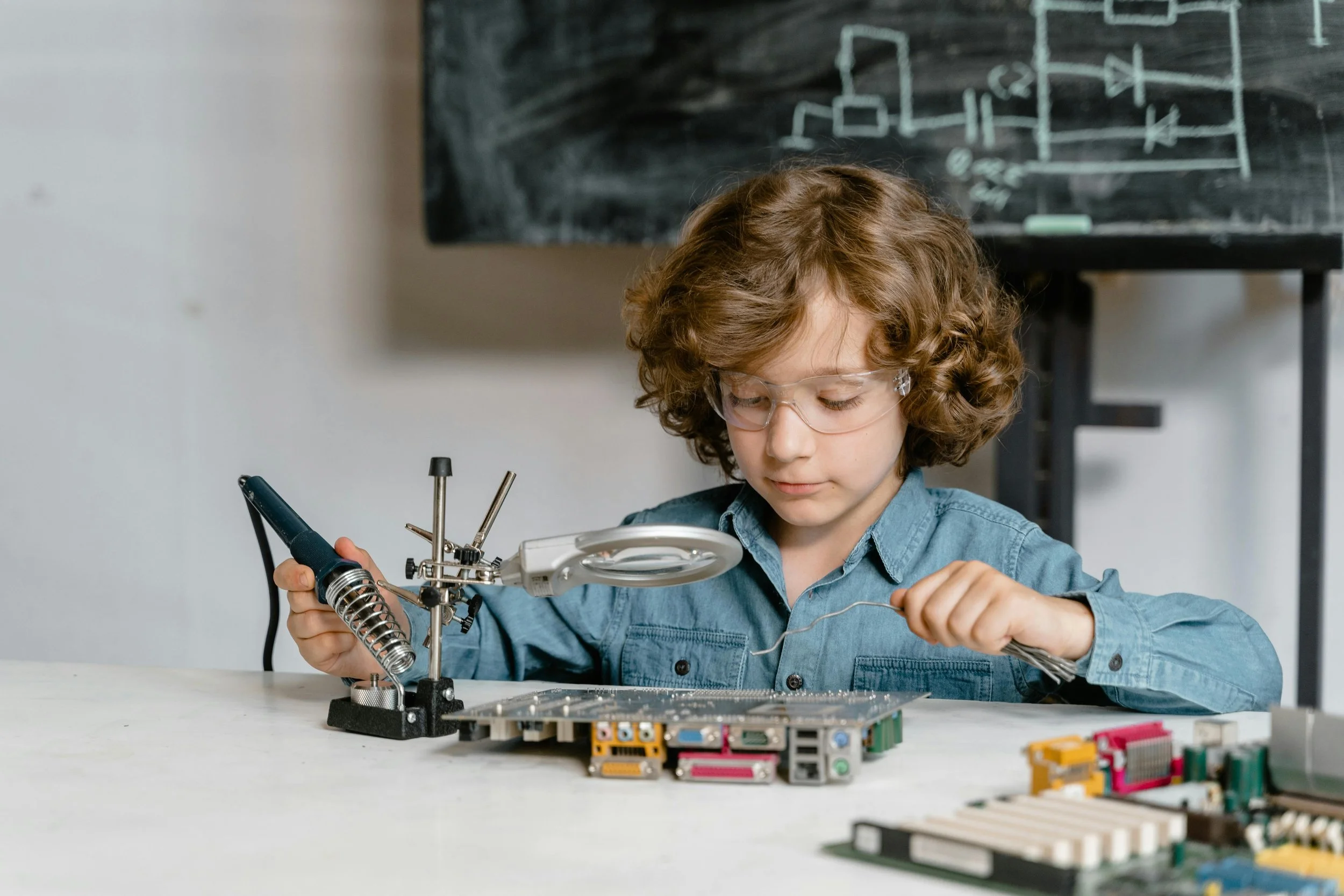Brenna Woods | Why Project-Based Learning is Essential in Early Childhood Classrooms
Brenna Woods
Learning happens best when students are engaged, curious, and actively participating. Drawing from her experience in education leadership, Brenna Woods advocates for project-based learning (PBL) as a powerful instructional approach for young learners. Unlike traditional rote memorization, PBL immerses students in hands-on activities that foster deeper understanding and skill development.
A major benefit of PBL is that it makes learning meaningful. By applying academic concepts to real-world problems, students gain a stronger connection to what they’re learning. Whether they’re building models, conducting experiments, or designing creative presentations, children develop problem-solving skills that extend beyond the classroom.
Project-based learning also enhances student engagement. Young learners are naturally curious, and PBL encourages exploration and inquiry-based discovery. Woods highlights that when children are given the opportunity to investigate and create, they develop a love for learning that lasts a lifetime.
Additionally, PBL supports the development of executive functioning skills. Through planning, decision-making, and time management, students learn how to organize their work and think critically. These early habits set a strong foundation for academic growth.
By incorporating project-based learning into early education, educators create an enriching environment where students actively participate in their education. Woods emphasizes that when children take ownership of their learning, they develop the confidence and skills necessary for future success.
